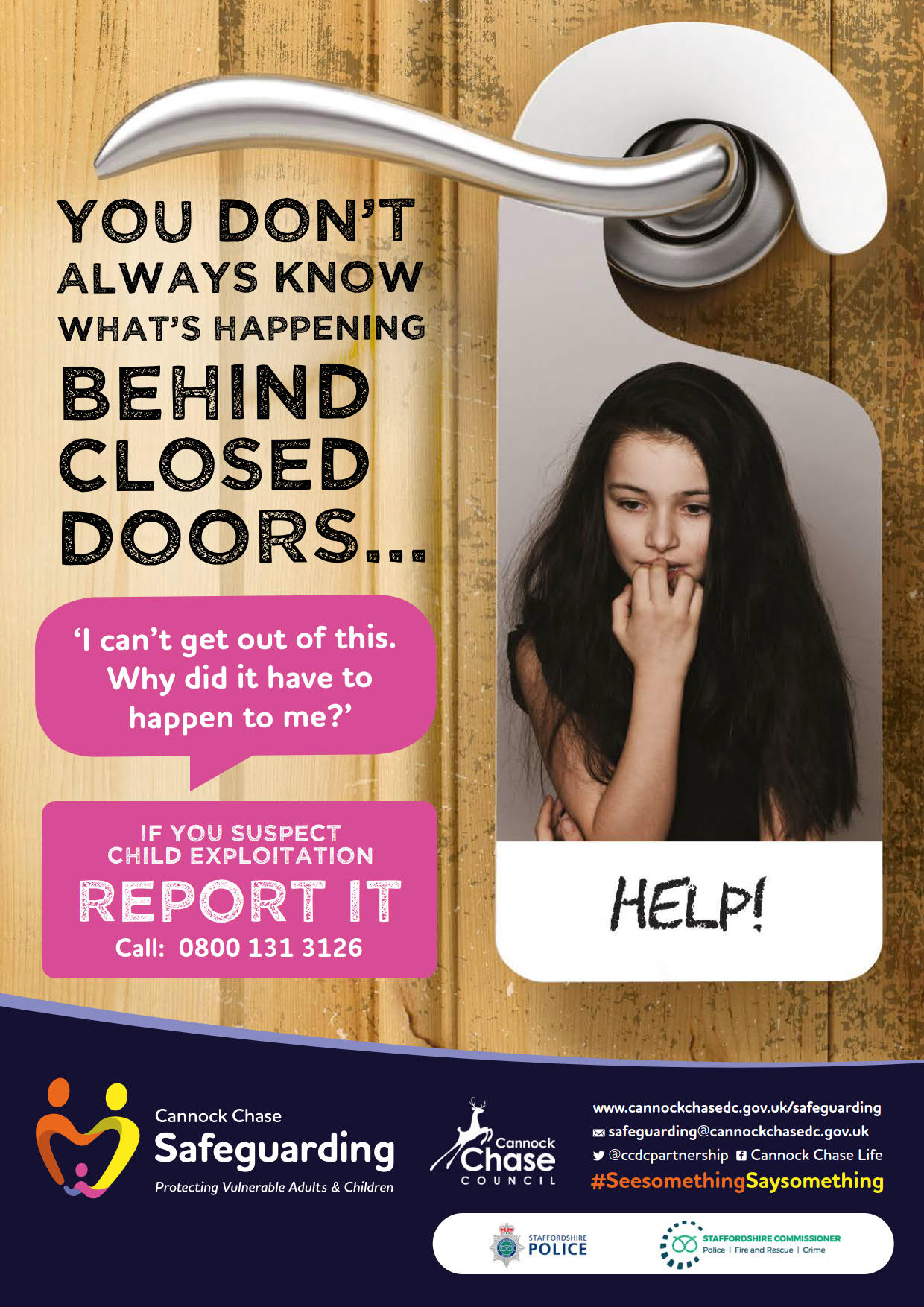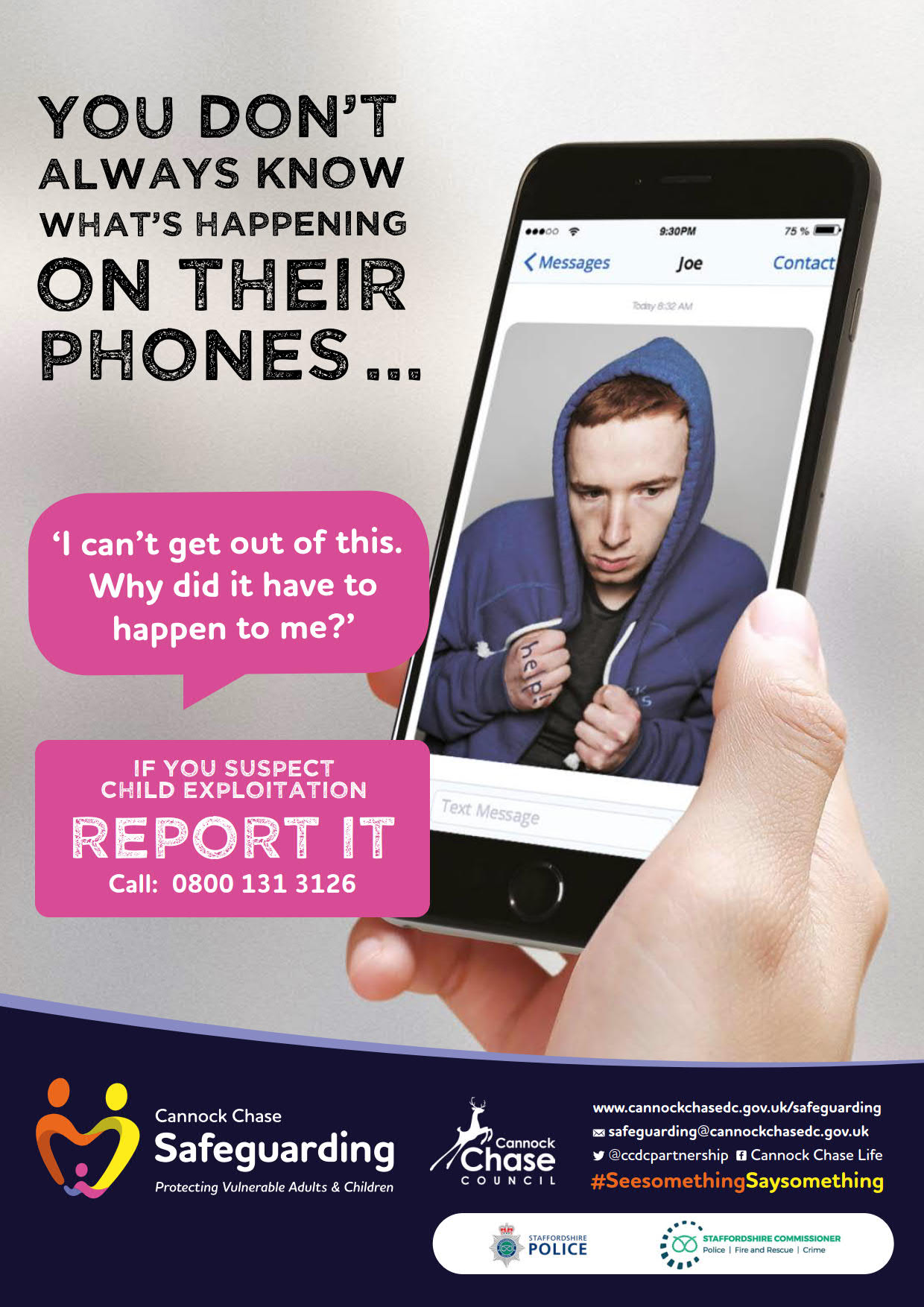
The Council has commissioned Loudmouth Education & Training to deliver to schools a virtual lesson on countylines, knife crime and criminal exploitation.
The 'Under the Radar programme' uses drama and discussion to raise awareness of county lines with children and young people. In the drama, the character Mikey, looks back on how as a teenager he got groomed into running county lines for a criminal gang. The session teaches children and young people about the risks involved in youth violence including carrying a knife and the link between youth violence and criminal exploitation.
The key aims of the programme are to ensure young people have:
- an understanding of what criminal exploitation and grooming is, focusing on county lines
- a raised awareness of the warning signs that a child / young person is being groomed into county lines and other forms of criminal exploitation
- the knowledge of the impact of criminal exploitation and youth violence - personally, emotionally and legally
- the information of where to go to for appropriate help and support.
Loudmouth Education & Training have over 25 years’ experience of using drama and discussion to promote positive messages on relationships and safeguarding.
This project forms part of a wider safeguarding campaign, ‘See something, Say something’, which aims to encourage people to report any concerns they may have about an individual. It has been funded by the Commissioner’s Proceeds of Crime Fund.
Read the full press release here.


- What is county lines?
-
County lines is the name given to drug dealing where organised criminal groups (OCGs) use phone lines to move and supply drugs, usually from cities into smaller towns and rural areas.
They exploit vulnerable people, including children and those with mental health or addiction issues, by recruiting them to distribute the drugs, often referred to as ‘drug running’.
OCGs often use high levels of violence and intimidation to protect the ‘county line’ and control them.One of these forms of control exploits vulnerable people by using their home as a base for dealing drugs, a process known as cuckooing.
What are the signs to look out for?
There are several signs to look out for that may indicate someone is involved in county lines including:
- repeatedly going missing from school or home and being found in other areas
- having money, new clothes or electronic devices and they can't explain how they paid for them
- getting high numbers of texts or phone calls, being secretive about who they're speaking to
- decline in school or work performance
- significant changes in emotional or physical well-being
- What is cuckooing?
-
Dealers often convince the vulnerable person to let their home be used for drug dealing by giving them free drugs or offering to pay for food or utilities.
Often OCGs target people who are lonely, isolated, or have addiction issues.It's common for OCGs to use a property for a short amount of time, moving address frequently to reduce the chance of being caught.
What are the signs to look out for with cuckooing?
There are several signs to look out for that may indicate someone is a victim of cuckooing:
- frequent visitors at unsociable hours
- changes in your neighbour’s daily routine
- unusual smells coming from a property
- suspicious or unfamiliar vehicles outside an address
- How to report your concerns...
-
If you’re concerned about drug-related crime in your area or think someone may be a victim of drug exploitation, please call Staffordshire Police on 101 (non-emergency).
If it's an emergency, please call 999.
You can also report online at www.staffordshire.police.uk or contact Crimestoppers anonymously on 0800 555 111.
If you are worried about a child or young person in Staffordshire contact First Response on 0800 1313 126 or out of hours 0345 6042 886.
